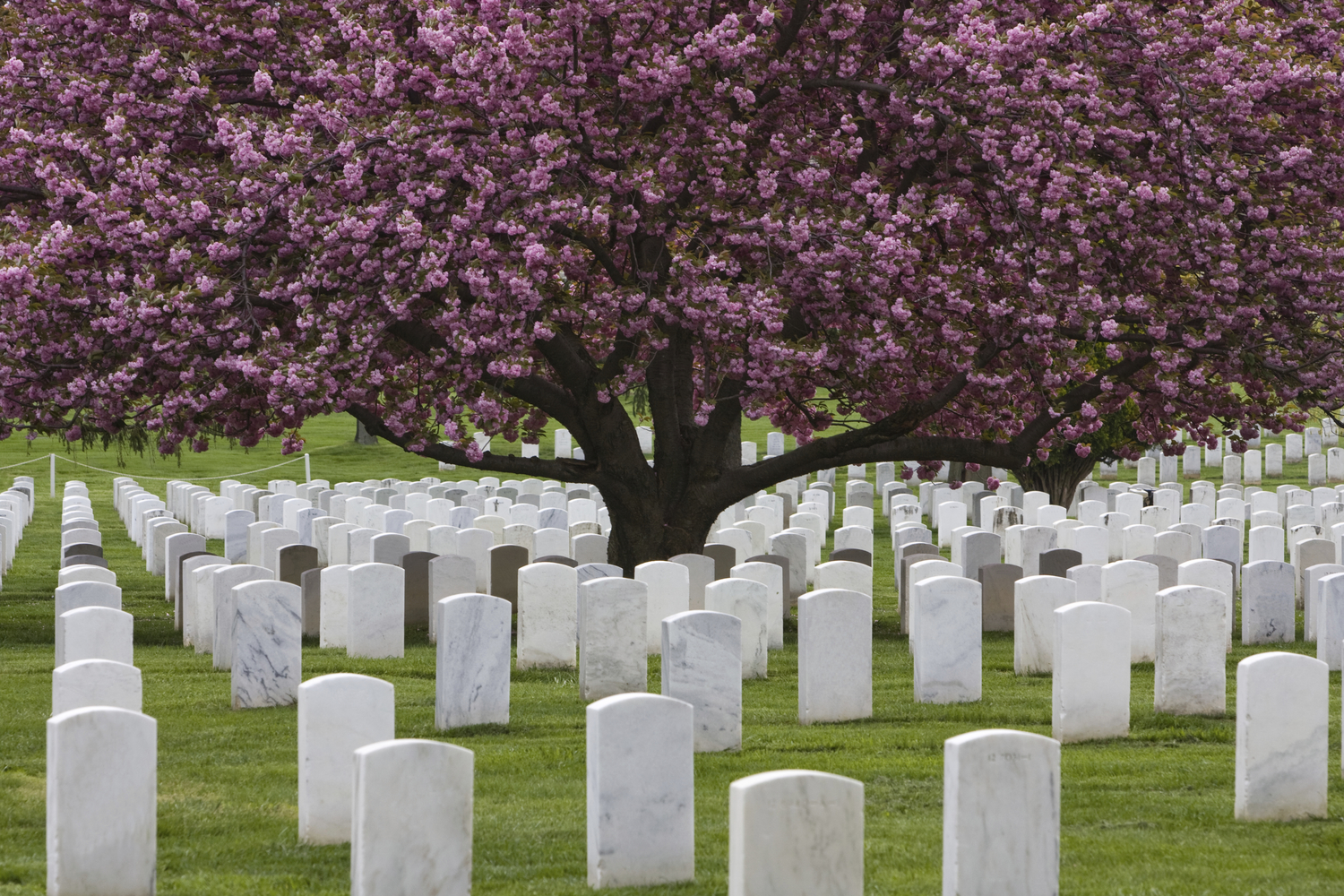Burial on Tisha B’Av
The rather odd and somewhat morbid title of this section is based on two extreme circumstances which arose in Jewish History, which are very hard for us to relate to, but which serve to show us, from the negative side, how special the Jewish People are.
The first occurred as a result of the Sin of the Jewish People in connection with the “Meraglim”/Spies. This is when those Spies, returning from the Land of Israel on the Ninth of Av, issued a slanderous report about the Land. More correctly, they agreed that the Land was indeed beautiful, and “flowed with milk and honey,” as advertised. However, they claimed that the Land was nevertheless populated by nations of fierce giants about whom the Spies said, “We were like grasshoppers in our own eyes and,” in modern terminology projecting their feelings of vast inferiority upon their observers, “so were we in their eyes.”
No matter what miracles G-d had performed for them in taking them out of Egypt, there was no way that the Jewish People, they argued, with or without G-d’s help, could defeat the Canaanite Nations. This was a direct denial of the infinite power of the One they should have realized was the Almighty, and resulted in the punishment that the entire adult generation would die in the desert over the next forty years, and only their children would enter the Holy Land.
Thus, these People knew by when they were going to die. One can almost imagine and identify with the melancholia and depression which afflicted them, no matter what miraculous experiences they would subsequently be shown in the desert, such as receiving the daily “mohn,” the miraculous “bread from heaven,” and the privilege of being escorted by G-d’s Clouds of Glory.
One can therefore appreciate the emotion of dread which would cause them, as the Midrash says, to dig their own graves on the night of Tishah B’Av, the anniversary of their Great Sin, and lie in them. In the morning, Moshe would proclaim, “Separate yourselves from the Living!” After a horrible moment of uncertainty, all but fifteen thousand would arise from their graves, “happy” that they had survived another year.
On the fortieth Tishah B’Av, they followed this practice, but this time, nobody died. Thinking they had erred in their calculation, they repeated the exercise the next night, and the next, until, on the Fifteenth of Av, they saw a full moon, and knew that they could not have erred, and rejoiced that Hashem had shown mercy on the last fifteen thousand.
Burial of the Beitar Victims
Beitar was the stronghold of Bar Kochba, who led the last Jewish revolution against the Romans, which for several years was successful, and was the last vestige of Jewish independence until the year 1948 C.E. and the birth of the Modern State of Israel. But that Revolt was brought to a violent and bloody end by the Roman general Adaryanus. In the massacre of the fighters and citizens of Beitar, which was of Holocaust proportions, there were rivers of blood and hundreds of thousands of human corpses.
The vicious general did not allow these victims of war to be buried and instead piled them up and arrayed them around the perimeter of the Beitar area. When at last a new Roman leader came upon the scene, he allowed the burial of the bodies, on the Fifteenth of Av.
After the task of burial was performed, a blessing was added to the Birchat HaMazon, the blessing recited by the Jewish People after a meal. The blessing, “HaTov VeHaMativ,” to the One Who is Good and Causes Good to be done, thanks G-d for two kindnnesses, that the massive burial was allowed, and also that the bodies had not decomposed.
There are other events associated with “Tu B’Av,” which could be mentioned. But let those which were mentioned suffice, to show the “Hashgacha Pratit,” the “Special, Individualized Care and Concern” – basically parental concern – shown by G-d for the Jewish People among the other nations of the World. For they are His Witnesses, that a moral and fair, and infinite power created and rules the universe.
